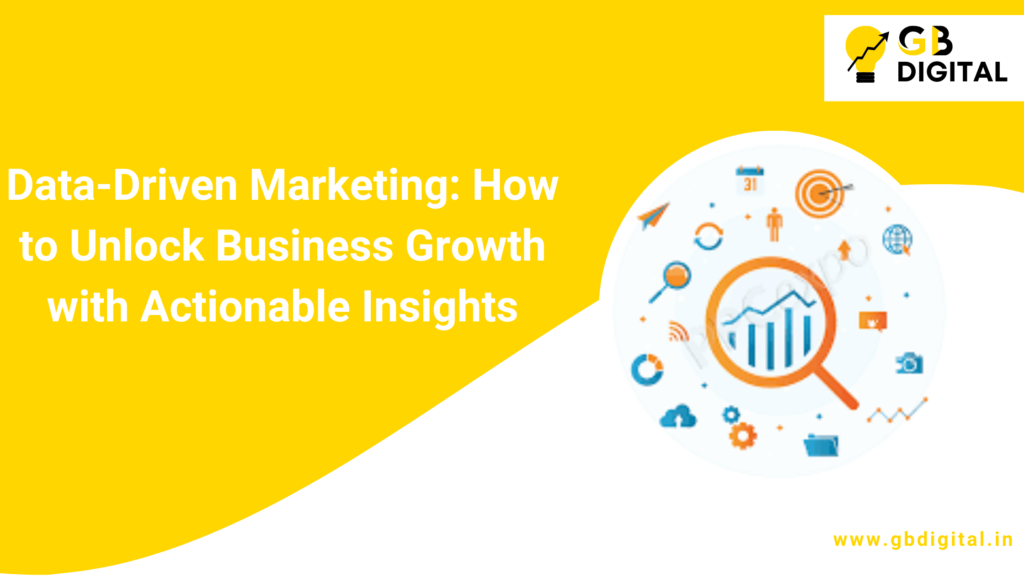In today’s competitive landscape, businesses can no longer rely on gut feeling or intuition when making marketing decisions. Data-driven marketing has emerged as a powerful tool to streamline efforts, optimize results, and provide a deeper understanding of customer behavior. By leveraging vast amounts of data, companies can create personalized, targeted campaigns that resonate with their audience and boost conversions. In this article, we will delve into the core concepts of data-driven marketing, how it works, and how businesses can harness it to drive growth.
What is Data-Driven Marketing?
Data-driven marketing refers to the strategic use of data to inform marketing decisions. It involves gathering, analyzing, and applying data insights to create personalized marketing campaigns, refine customer journeys, and measure performance in real time. This approach allows businesses to make more informed decisions, leading to higher efficiency, better customer targeting, and improved ROI.

Benefits of Data-Driven Marketing
- Personalization: Tailor marketing efforts to meet individual customer needs.
- Increased ROI: Optimizing campaigns based on data increases cost efficiency.
- Real-Time Insights: Immediate feedback enables swift adjustments.
- Improved Customer Experience: Understanding customer behavior results in a seamless customer journey.
How Does Data-Driven Marketing Work?
To effectively implement data-driven marketing, marketers need to collect relevant data and use it to build insights that guide decisions. Here’s a step-by-step breakdown:
Data Collection
The first step is gathering data from various sources such as websites, social media, email campaigns, and CRM systems. Tools like Google Analytics, Facebook Insights, and customer surveys help collect a wealth of information.
Data Segmentation
Once data is collected, it’s crucial to segment it based on customer demographics, behavior, and interests. Segmentation helps marketers understand different customer personas and tailor campaigns accordingly.
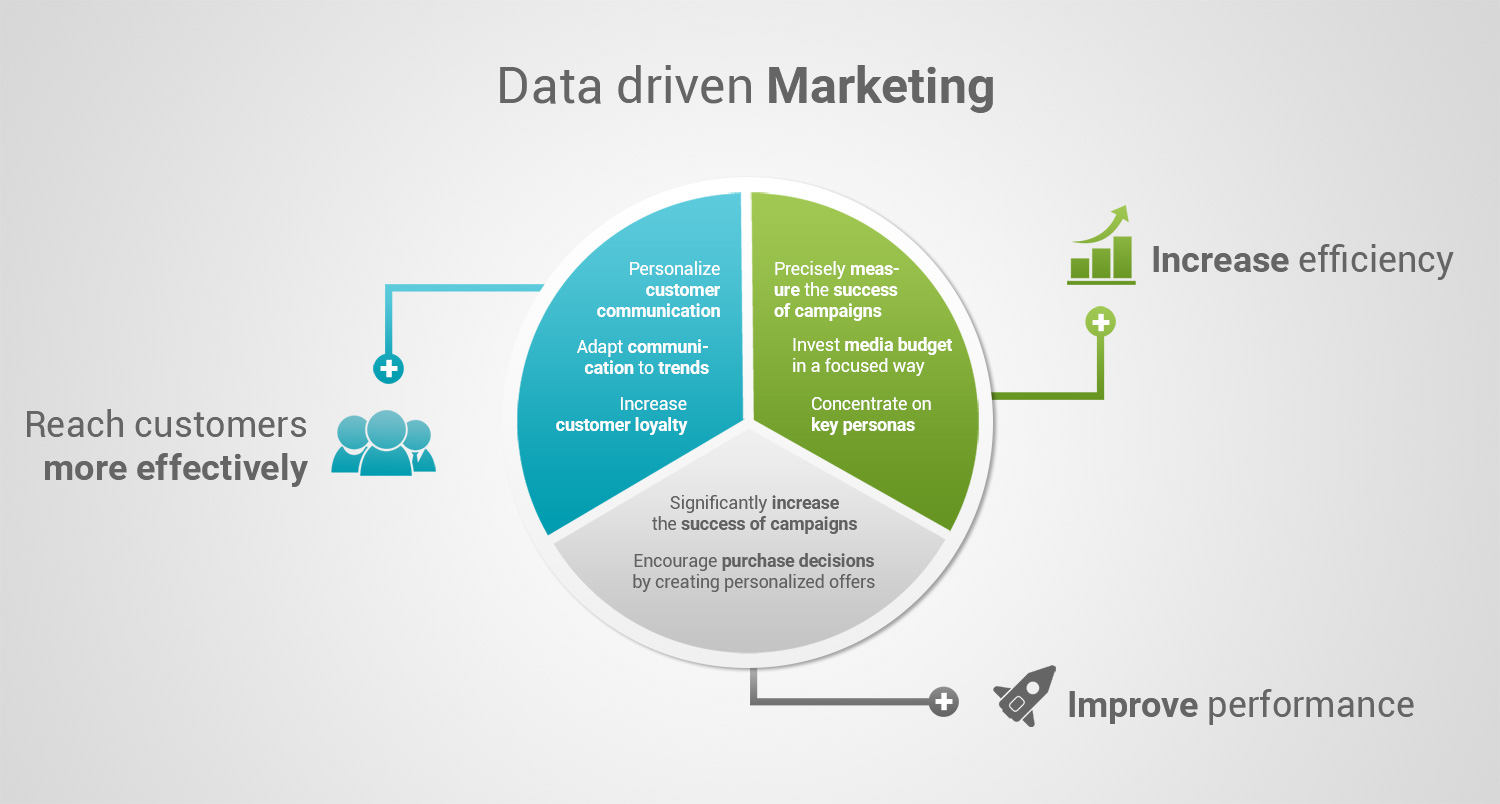
Analytics and Insights
Data analytics platforms like Google Data Studio, HubSpot, or Tableau turn raw data into actionable insights. Metrics such as conversion rates, click-through rates (CTR), and customer lifetime value (CLV) can inform future marketing strategies.
Campaign Execution
Using the insights derived from data, marketers can develop personalized campaigns, targeting specific audiences with relevant messages through various channels.
Performance Measurement
The final step is continuously measuring the success of these campaigns through KPIs and adjusting strategies based on performance data. A/B testing and multivariate testing are valuable tools for optimizing results.
Key Data Sources in Marketing
Marketers have access to multiple data sources, which contribute to more robust strategies:
First-Party Data
First-party data is information collected directly from your customers through their interactions with your brand, such as website visits or purchase history.
Second-Party Data
This is shared data from trusted partners. For example, a company may obtain customer insights from a collaborating brand in a related industry.
![What Types of Data Do You Need for Your Market Research? [2021 Guide] | People Data Labs Blog](https://images.ctfassets.net/0zzq0trs0mvi/42btrpET5nI2i9eZ44VSqU/e6341121a7c0cf3a37cdd7823610463d/6137c62bb7fc88b0cd186a96_market-research-data.png)
Third-Party Data
Third-party data is collected by external organizations and sold to marketers. While not as personalized as first-party data, it provides valuable insights for broader targeting.
Tools and Platforms for Data-Driven Marketing
Google Analytics
A widely used tool that helps marketers track user interactions and website performance metrics.
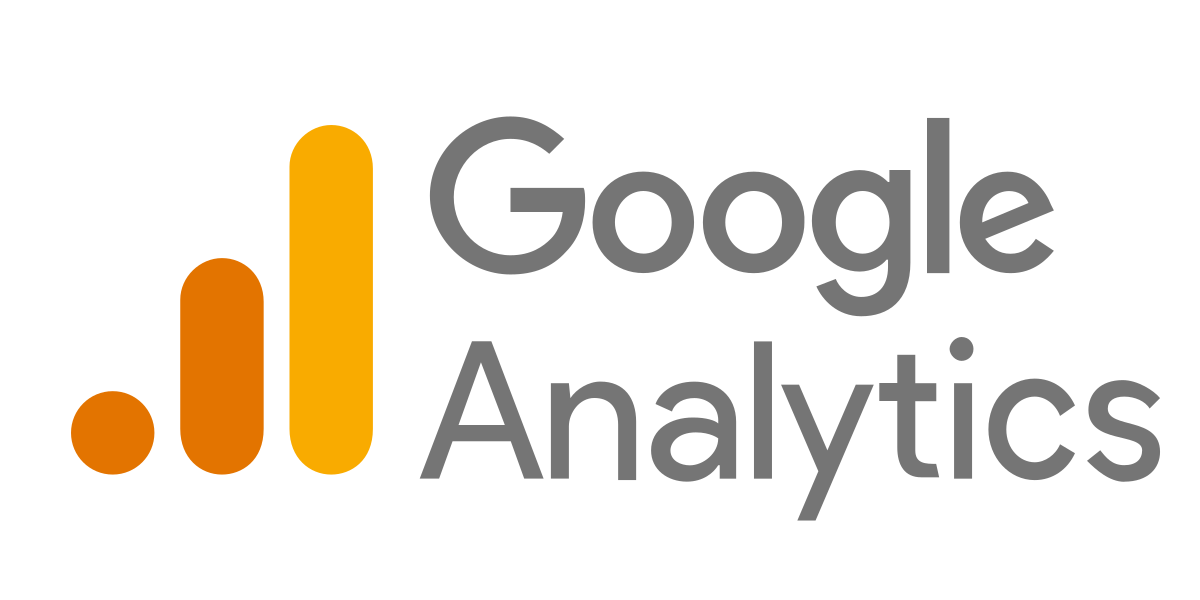
HubSpot
An all-in-one marketing platform that enables businesses to collect, manage, and analyze data from various marketing channels.
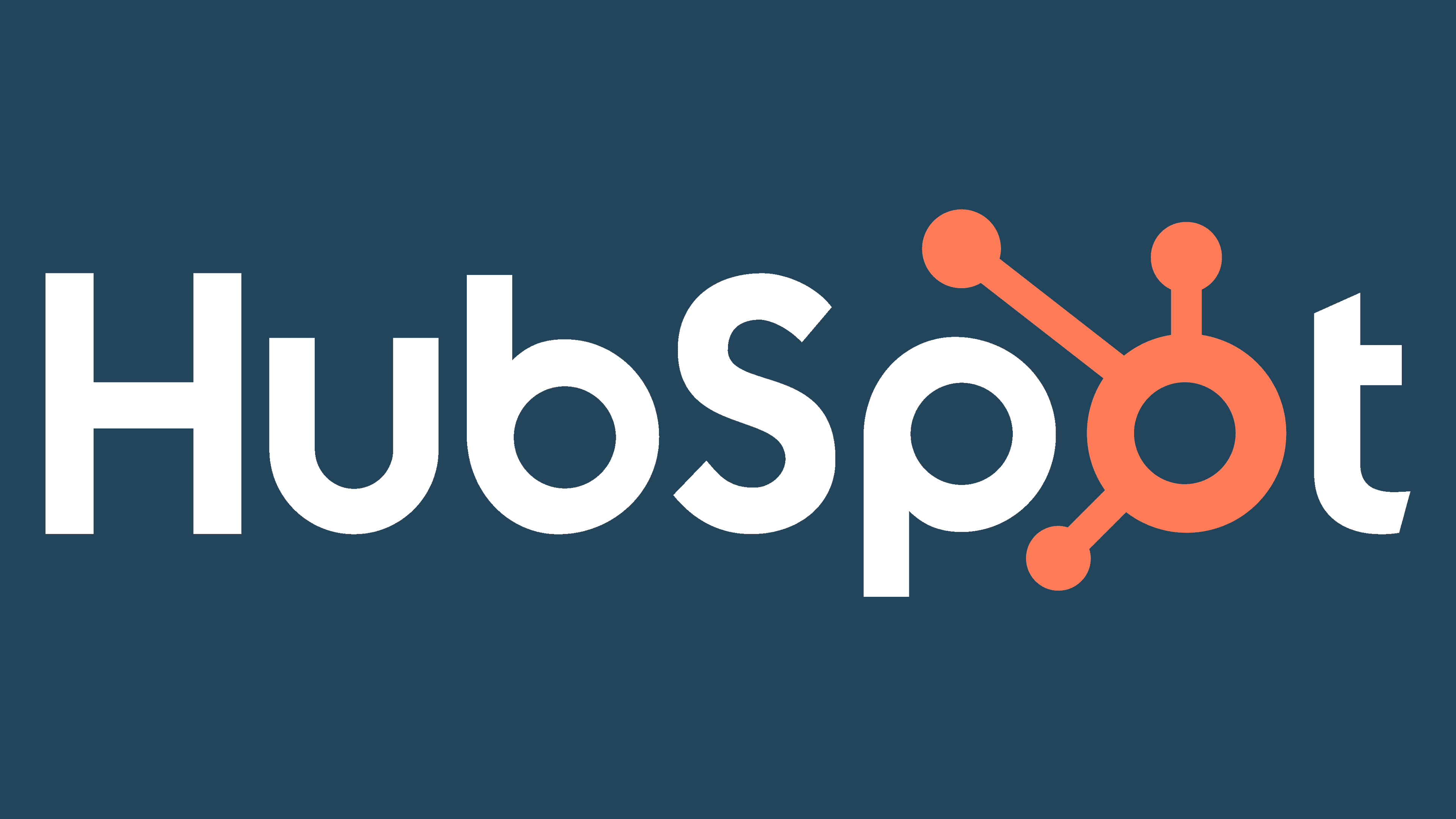
Tableau
A powerful data visualization tool that transforms complex data into comprehensible, interactive visual reports.
Facebook Insights
This tool provides in-depth analysis of how your Facebook campaigns are performing, including user engagement and demographics.
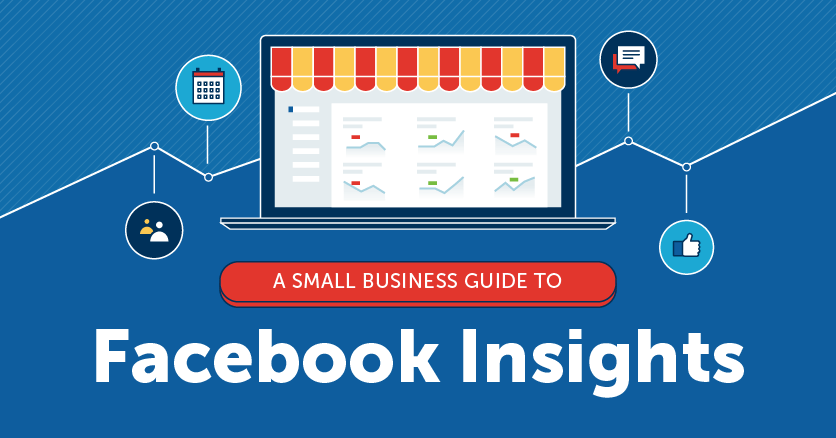
CRM Systems (e.g., Salesforce, Zoho)
Customer Relationship Management (CRM) platforms store customer information, track interactions, and offer insights into customer behavior and preferences.
Challenges of Data-Driven Marketing
While data-driven marketing is highly effective, it comes with its set of challenges:
Data Privacy Concerns
With increasing concerns over data privacy and regulations like GDPR and CCPA, marketers must ensure they handle customer data responsibly and comply with legal requirements.
Data Overload
Too much data can be overwhelming. It’s crucial to focus on the most relevant metrics rather than trying to analyze everything at once.

Integration Issues
Combining data from multiple sources and ensuring it’s all accurate and up-to-date can be difficult, especially for businesses using older systems or multiple platforms.
Skills Gap
Marketers must be proficient in data analysis tools and methodologies. Businesses often need to invest in training or hire experts to effectively leverage data-driven marketing strategies.
Future Trends in Data-Driven Marketing
The future of data-driven marketing looks promising, with several emerging trends poised to take center stage:
AI and Machine Learning
AI-powered marketing tools can analyze vast amounts of data faster and more accurately than humans, making predictions about customer behavior and automating campaign optimizations.
Predictive Analytics
Predictive analytics will become a key part of marketing strategies, allowing businesses to anticipate customer needs and tailor their offerings accordingly.
Omnichannel Marketing
Data-driven marketing will increasingly support omnichannel strategies, ensuring customers receive consistent and personalized experiences across all touchpoints.
Data Ethics and Privacy
With growing concerns over how companies use customer data, transparency, and ethical data practices will become even more important. Marketers will need to be upfront about data collection and usage.
Practical Applications of Data-Driven Marketing
Here are some practical ways businesses can apply data-driven marketing strategies:
Personalized Email Campaigns
Using customer data, you can create highly personalized email campaigns that cater to specific customer needs or preferences. For instance, sending product recommendations based on previous purchases can significantly increase conversions.
Targeted Social Media Ads
Data-driven marketing allows for highly targeted social media ads. Platforms like Facebook and Instagram allow you to target users based on behavior, interests, and demographics, ensuring your ads are seen by the right people.
Improved Customer Retention
By analyzing customer behavior data, you can identify at-risk customers and implement retention strategies, such as personalized discounts or loyalty programs, to keep them engaged.
Optimized Content Marketing
Data can help determine what type of content resonates most with your audience, whether it’s blog posts, videos, or infographics. This ensures that your content strategy is aligned with customer interests and preferences.
Conclusion
Data-driven marketing has revolutionized the way businesses approach their marketing strategies. By using data to understand customer behavior, optimize campaigns, and personalize experiences, businesses can improve their marketing efficiency and drive growth. As data collection tools and analysis technologies continue to evolve, marketers must stay ahead of the curve to maintain a competitive edge. Embracing data-driven marketing is no longer optional—it’s essential.
FAQs
Q1. What is data-driven marketing?
Data-driven marketing involves using data insights to guide marketing decisions, helping businesses optimize campaigns and personalize customer experiences.
Q2. What are the benefits of data-driven marketing?
Benefits include personalization, increased ROI, real-time insights, and improved customer experiences.
Q3. Which tools are commonly used for data-driven marketing?
Tools like Google Analytics, HubSpot, Tableau, and CRM systems are popular for collecting and analyzing data.
Q4. How does data privacy impact data-driven marketing?
Marketers must comply with data privacy regulations like GDPR to protect customer data and build trust.
Q5. What are some emerging trends in data-driven marketing?
Trends include AI-powered analytics, predictive modeling, omnichannel marketing, and an emphasis on data ethics.

